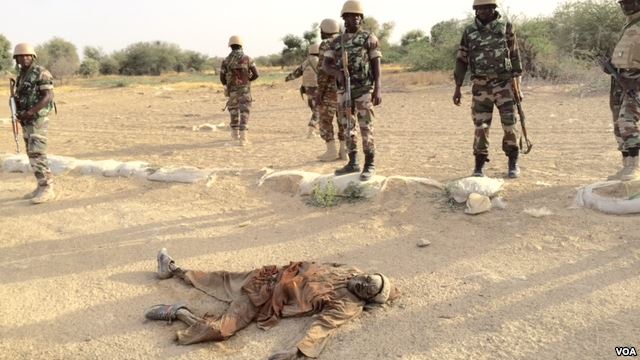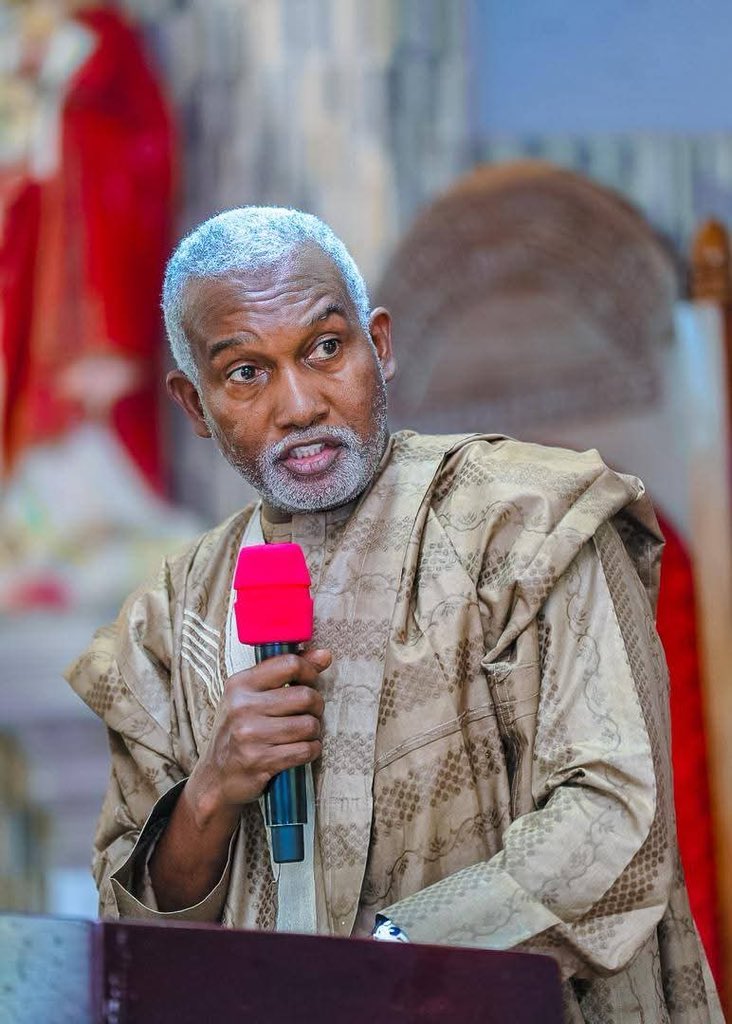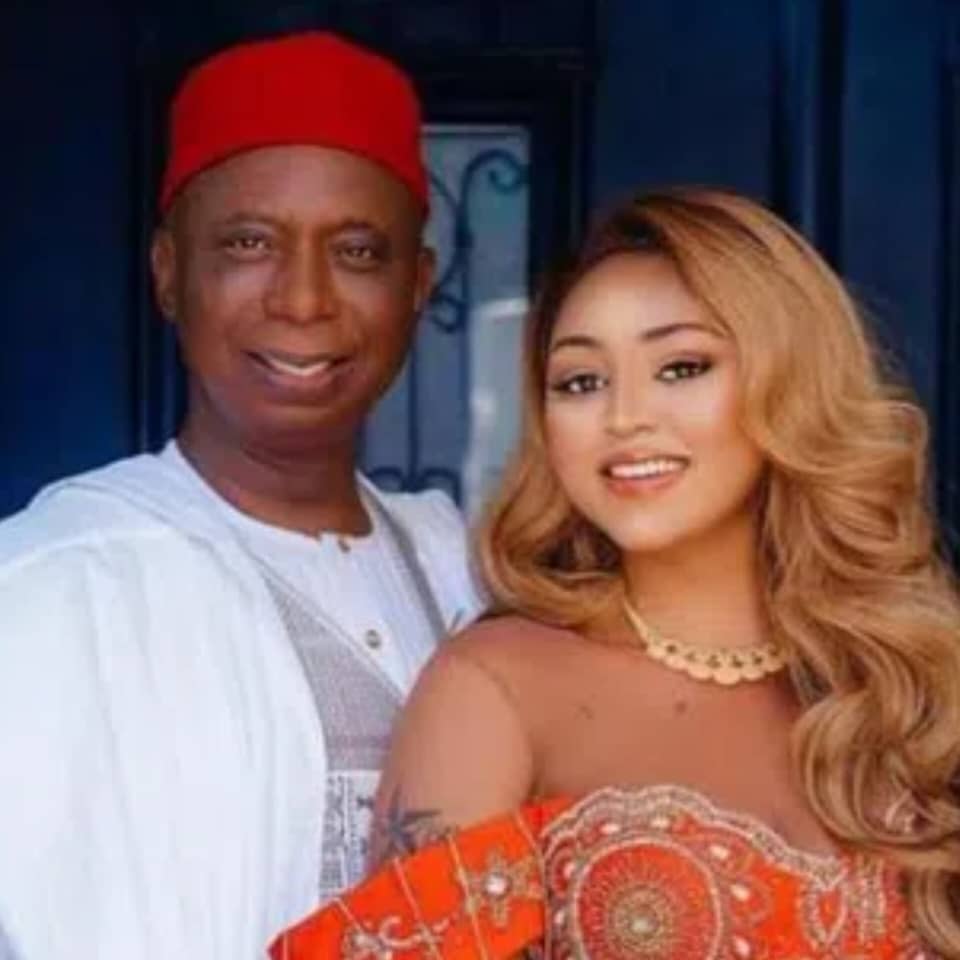Machiavellian Cycle Of Insurgency: Stakeholders’ Interests Perpetuate Violence In Nigeria
Posted on December 3, 2024

The insurgency in Nigeria has been a longstanding and complex issue, with various stakeholders contributing to its perpetuation. While the Nigerian government has made efforts to combat the insurgency, the conflict remains, with devastating consequences for civilians and the country as a whole.
One of the primary reasons for the persistence of the insurgency is the existence of an insidious cycle of interests, where various stakeholders benefit from the conflict. This cycle is fueled by corruption, greed, wickedness and a lack of accountability, which has become a norm in the Nigerian system.
At the heart of this cycle are politicians and government officials, who have vested interests in the continuation of the conflict. These individuals often use the conflict as a pretext to embezzle funds meant for counter-insurgency operations or to accumulate wealth and power through corrupt means. The military and many other security agencies are also complicit in this cycle. This has not only undermined the government’s efforts to combat the insurgency but has also contributed to the proliferation of small arms and light weapons in Nigeria.
Furthermore, some businessmen and contractors are also benefiting from the insurgency. They provide services and supplies to the military and other organizations involved in counter-insurgency operations, often at inflated prices. This has created a perverse incentive structure, where some individuals and companies have vested interests in the continuation of the insurgency.
To break these cycle of interests, the Nigerian government must take a decisive draconian action to address the root causes, unmask and bring to book the human elements behind the sustainability of the insurgency. This includes increasing transparency and accountability in the management of counter-insurgency funds, cracking down on corruption and criminality, and promoting responsible journalism, for misinformation is the Broadway to deformation.
The government must also engage in dialogue with local communities and stakeholders to address the underlying grievances that have contributed to the insurgency. This includes addressing issues such as poverty, inequality, and lack of access to education and healthcare.
No two ways about it! As long as stakeholders continue to benefit from the insurgency, it will remain a potent force.
– Ambassador Ezewele Cyril Abionanojie is the author of the book ‘The Enemy Called Corruption’. He is an award winner as Best Columnist of the year 2020, Giant in Security Support, Statesmanship Integrity & Productivity Award among others. He is the President of Peace Ambassador Global.












